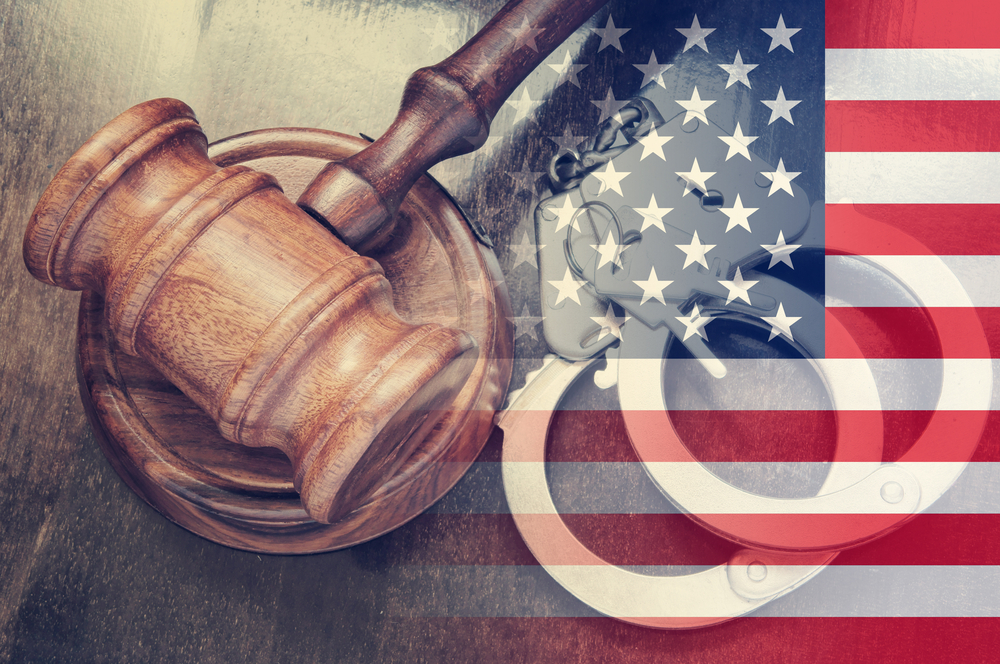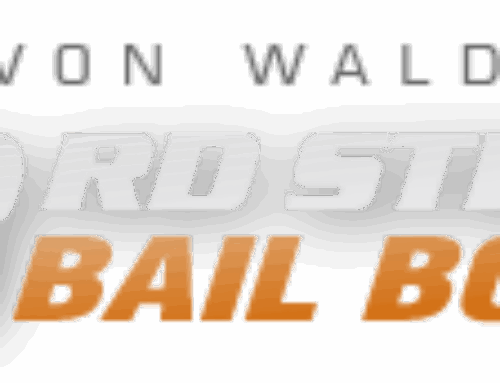What Is Pre-Trial Release?
Pre-trial release is also known as a PTR, is where a person who is accused of a crime is released from custody to await trial. This allows defendants to still live at their home, work, and be a part of their community. This helps prevent overcrowding in jails, takes a financial burden off of the accused since they can still work, and helps to keep families stable.

How Does Pre-Trial Release Work?
In the state of Florida, when a person is charged with a crime, they are entitled to release before a trial. There is an exception to this. If the person is accused of a crime where they could face the death penalty or get life imprisonment, then they are not entitled to pretrial release.
A judge makes the decision about pretrial release. The judge takes into account three different factors including:
• Protecting the safety of the community
• Ensuring that the defendant will show up to court
• Maintaining the integrity of the judicial process
The judge also takes into consideration other factors before making a decision about pretrial release. These factors can include the severity of the alleged crime, the defendant’s past history, and whether the defendant is deemed a flight risk. A judge can deny a pretrial release.
If a pretrial release is granted, then it can take different forms. Pretrial release in Florida covers different types of releases.
Types of release include:
• The least restrictive pretrial release is release on a person’s own recognizance (ROR). This means that the defendant pays no money to get out of jail. They do have to promise to show up to court, not commit more crimes, and follow any conditions set by the judge. Conditions can include no contact with victims, wearing an electronic monitoring device, not being able to travel out of the county, state, or country, submitting to random drug screening, and more. Rarely, a judge will release a person on ROR with no extra conditions. They still need to show up to court and not commit any more crimes.
• Pretrial release is where you pay no money to get out of jail. However, you have to meet with pretrial services before your case is closed. A judge could combine a PTR with a bond
• Unsecured appearance bond. This is where the accused signs a form, pays no money but is obligated to pay money as bail to the court if they don’t show up.
• Bail bond. This is where a person pays a bail bond agency money to be released from jail. They pay a set amount and the bail bond agent fronts the rest of the amount or the accused could pay the entire bond in full
• Fines/court costs can be taken from bail money
• Bond could be revoked if the defendant does not show up for court or commits another crime
If a person violates their pretrial release, then they are charged with a first-degree misdemeanor. The penalty can include up to one year in jail, one year of probation, and fines. The pretrial release could also be revoked and the accused could be put behind bars.
33rd Street Bail Bonds has bailed clients out of jail for numerous charges including drug possession, drug trafficking, assault, battery, DUI, domestic violence, theft, traffic violations, driving with a suspended license, child neglect, and more. We have been serving Central Florida since 1971 so we have the experience to help you. Whether you are in Orange, Seminole, Osceola, Lake, or Volusia Counties, we are here to help.
All of our bail bond agents are knowledgeable and experienced. They are ready to help you navigate the ins and outs of the bail bond process. We are licensed to post bonds throughout the state of Florida and across the United States with affiliated agencies. Please give us a call at 407-425-3303 to get started or to learn how bail bonds work. 33rd Street Bail Bonds is the name you can trust, call today!

